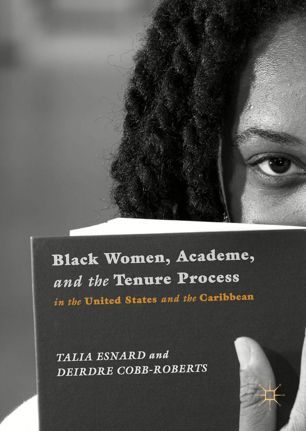

Most ebook files are in PDF format, so you can easily read them using various software such as Foxit Reader or directly on the Google Chrome browser.
Some ebook files are released by publishers in other formats such as .awz, .mobi, .epub, .fb2, etc. You may need to install specific software to read these formats on mobile/PC, such as Calibre.
Please read the tutorial at this link: https://ebookbell.com/faq
We offer FREE conversion to the popular formats you request; however, this may take some time. Therefore, right after payment, please email us, and we will try to provide the service as quickly as possible.
For some exceptional file formats or broken links (if any), please refrain from opening any disputes. Instead, email us first, and we will try to assist within a maximum of 6 hours.
EbookBell Team

4.3
98 reviewsThis book explores the meanings, experiences, and challenges faced by Black women faculty that are either on the tenure track or have earned tenure. The authors advance the notion of comparative intersectionality to tease through the contextual peculiarities and commonalities that define their identities as Black women and their experiences with tenure and promotion across the two geographical spaces. By so doing, it works through a comparative treatment of existing social (in)equalities, educational (dis)parities, and (in)justices in the promotion and retention of Black women academics. Such interpretative examinations offer important insights into how Black women’s subjugated knowledge and experiences continue to be suppressed within mainstream structures of power and how they are negotiated across contexts.